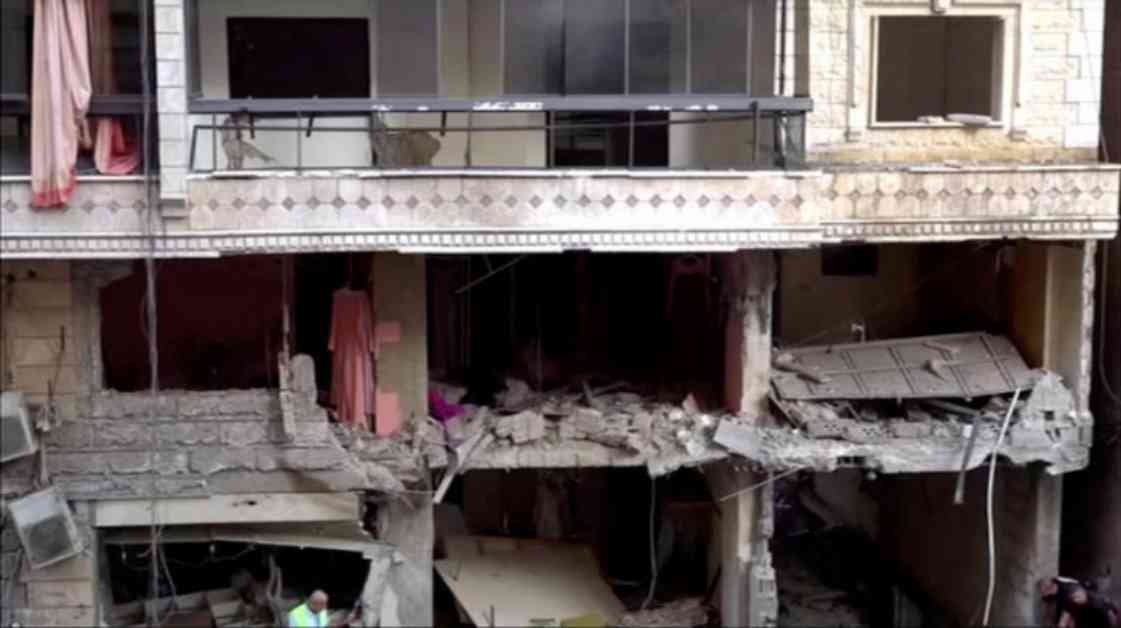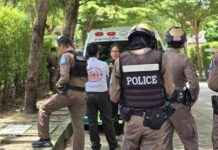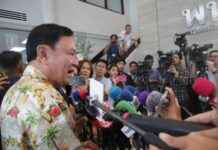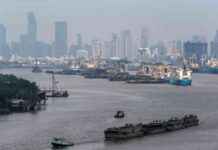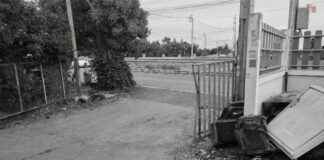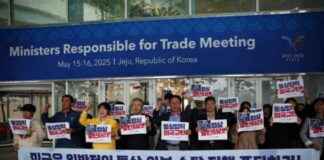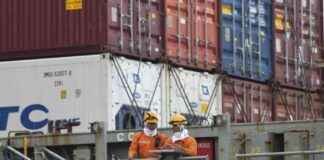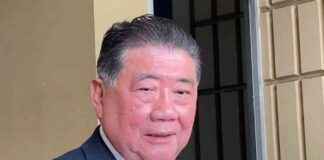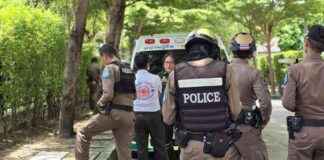Israel Strikes Hezbollah Commander and Senior Figures in Beirut
Israel launched a deadly airstrike on Beirut, Lebanon, targeting a top Hezbollah commander and other senior members of the movement. The strike, which took place in the southern suburbs of Dahiyeh, resulted in the death of at least 14 people, with the toll expected to rise as rescue operations continue. Among the casualties was Ibrahim Aqil, a senior leader of Hezbollah’s elite unit.
Hezbollah confirmed Aqil’s death, describing him as one of its top leaders. The Israeli military stated that the strike was part of a new military campaign aimed at securing the area around the Lebanese border. This escalation comes amidst a year-long conflict between Israel and the Iran-backed Hezbollah group.
The strike targeted a building where Aqil and other Hezbollah commanders were meeting. Witnesses reported hearing multiple blasts as missiles slammed into the building. The Israeli military identified Aqil as the acting commander of the Radwan special forces unit and stated that around 10 other senior commanders were killed in the airstrike.
Escalation of Conflict
The recent airstrike marks a significant escalation in the ongoing conflict between Israel and Hezbollah. Tensions have been mounting in the region, with Hezbollah launching rockets into Israel in solidarity with Palestinians in the Gaza Strip. Israel has vowed to use force to ensure the safety of its citizens in the northern border regions.
The strike on Beirut comes on the heels of a series of attacks targeting Hezbollah members, including explosions of pagers and walkie-talkies used by the group. These attacks, which have resulted in numerous casualties, are believed to have been carried out by Israel. The situation remains volatile, with both sides showing a willingness to continue the conflict.
International Response and Concerns
The international community has expressed grave concern over the escalating violence between Israel and Hezbollah. The United Nations Special Coordinator for Lebanon, Jeanine Hennis-Plasschaert, described the cycle of violence as extremely dangerous with devastating consequences. Calls for an immediate cessation of hostilities have been made to prevent further loss of life.
The White House has urged Americans to avoid travel to Lebanon and to leave the country if currently present. The United States, along with other global powers, is working to prevent a full-scale war from erupting in the region. Efforts are being made to de-escalate the situation and bring about a peaceful resolution to the conflict.
The current conflict between Israel and Hezbollah has reignited fears of a wider regional war. With tensions running high and violence escalating, there is a growing concern that the conflict could spread beyond the border regions and lead to a full-blown war with devastating consequences for all parties involved.
In conclusion, the airstrike on Beirut that targeted a top Hezbollah commander and senior figures has significantly escalated the conflict between Israel and the militant group. The international community is closely monitoring the situation and working towards a peaceful resolution to prevent further loss of life and widespread destruction. The coming days will be critical in determining the direction of the conflict and the impact it will have on the region as a whole.
